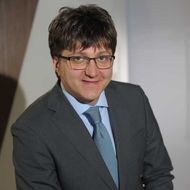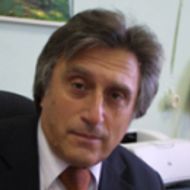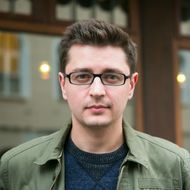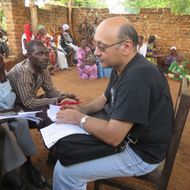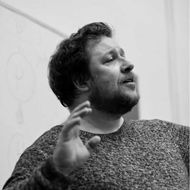Political Language and the Languages of Political Theories: Theological argument
As we know, European culture is characterized by a relatively late autonomisation of politics and the political as a sphere of independent reflection and discourse. The separation of politics from law, ethics and morality, on the one hand, and from theology, on the other, became possible only after the European Reformation. Even then, this separation did not become an insurmountable rupture - theology, both as a system of knowledge and as a carrier of a special language, remains an essential element of the political and legal culture of the modern world. In politics, understood as a sphere of human life, where actions are performed with the help of words, language is one of the most important tools that form and represent political reality. The political sphere of human existence is possible only because we possess collective intentionality, are actively conscious and use symbols, imposing functions on physical objects and creating constitutive rules that we then follow. The result of these processes is language and the institutional order it establishes and maintains.
The study of the language of politics is almost always confronted with some theological notions or even returns to the legacy of great theologians and political thinkers of the past, forcing a new look at their seemingly well-known statements. In many ways, this is why the problem of translating into Russian the classic texts of the theological and political traditions of the past has not lost its relevance.
In the framework of this conference, timed to the 800th anniversary of the birth of Thomas Aquinas (1225-1274) and the 760th anniversary of Dante Alighieri (1265-1321), its organizers propose to discuss theoretical and applied issues of theological argumentation in the political language. The formation and functioning of political theology also become a point of special interest. Particular attention will be paid to the self-description of political theories and the relationship of political philosophy with, on the one hand, the philosophy of language and, on the other hand, the history of concepts and intellectual history.
The format of the conference comprises 30 minutes for presentation and an additional 20 minutes for questions and discussion per each participant. Both physical and online participation are possible, though the former is preferable.
